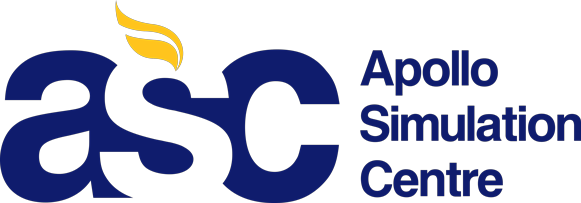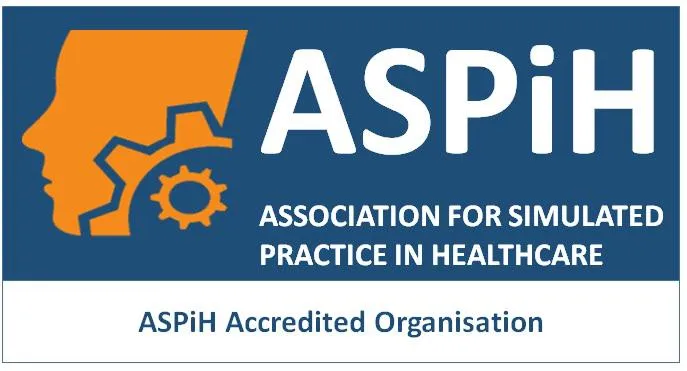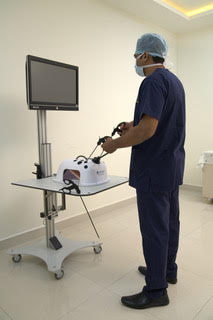
Learning Outcomes
- Gain competence in skills required for performing minimal access surgery.
- Gain knowledge on the proper and safe use of laparoscopic instruments and their regular maintenance.
- Understand the complications associated with minimal access surgery and their prompt management.
- Significantly improve performance through simulation experience and advanced assessment.
- Enhance non-technical skills such as surgical team setup, resource management, and unit organization.
Course Description
The field of minimal access surgery (MAS) has advanced significantly over the past two decades, offering numerous benefits compared to traditional approaches, such as shorter hospital stays, reduced analgesic use, and improved cosmetic outcomes. However, MAS can also lead to unexpected complications, requiring careful practice and expertise.
This blended learning programme, ‘Essential Minimal Access Surgery’, teaches evidence-based principles and enhances surgical performance. The programme includes hands-on experience at ASC, which will help you refine your skills and reduce complications. It caters to both beginners and experienced professionals. It covers fundamental topics such as ergonomic principles, dissection and tissue approximation techniques, and access techniques, along with advanced topics in laparoscopic procedures across various fields including general surgery, gynaecology, upper GI, bariatric, hepatobiliary and pancreatic (HBP), hernia, colorectal, and urological surgeries.
New Batch Starts on
Contact Us
Course Duration:
3 Days
 Lecture module: 20 lessons
Lecture module: 20 lessons 3-days hands-on contact course
3-days hands-on contact course Objective-structured clinical examination
Objective-structured clinical examination Live surgical demonstration
Live surgical demonstration Clinical observership/mentorship
Clinical observership/mentorship Q&A forum: 24 hour response time
Q&A forum: 24 hour response time Access period: 1 month
Access period: 1 month Certificate of completion
Certificate of completion
Curriculum
Knowledge
Delivered through online lectures
Skill
Delivered through 3-day contact course at Apollo Simulation Centre
Assessment
For both knowledge and skills
Observership
Optional
Online Modules
All didactic lectures will be available as online modules for candidates 2 weeks prior to the contact course to prepare for the course well in advance. All the required theory knowledge will be learnt through web platform. There will be a Q&A section available after each lecture to interact with the faculty for any additional doubts to be clarified. Completing online modules is mandatory for certification
- Lecture 1: Introduction to MAS
- Lecture 2: Laparoscopic instruments and equipment
- Lecture 3: Basic principles
- Lecture 4: Access techniques
- Lecture 5: Anaesthetic considerations
- Lecture 6: Energy devices in laparoscopic surgery
- Lecture 7: Tissue approximation
- Lecture 8: Maintenance of equipment and instruments
- Lecture 9: Laparoscopic troubleshooting
- Lecture 10: Upper GI laparoscopy
- Lecture 11: Colorectal laparoscopy
- Lecture 12: HBP laparoscopy
- Lecture 13: Laparoscopic hernioplasty
- Lecture 14: Laparoscopic gynaecology
- Lecture 15: Laparoscopic urology
- Lecture 16: Introduction to VATS
- Lecture 17: Complications of laparoscopy
- Lecture 18: Robotic surgery
- Lecture 19: Recent advances in MAS
- Lecture 20: Setting up a lap unit
Contact Course
Contact course is aimed at providing practical knowledge about everything that one needs to know about minimal access surgery. This is achieved by way of 30% of time spent on demonstrations and 70% time on hands-on training
| Time | Event | Location |
| 09.00 | Registration & Pairing | Lounge |
| 09.05 | D1: Lap Instruments | EndoSuite |
| 09.45 | D2: Basic Principles | “ |
| 10.30 | D3: Access Techniques | “ |
| 11.00 | Coffee / Tea – Lounge | |
| 11.15 | H1-Access and Dexterity | Board room |
| 12.00 | H2:Access and Dexterity | “ |
| 12.30 | Lunch – Lounge | |
| 13.30 | H3: Dissection techniques | Skills Lab |
| 14.30 | H4: Tissue Shears | “ |
| 15.00 | Coffee / Tea – Lounge | |
| 15.00 | Master Videos | Board room |
| 16.00 | P1: Tips and Tricks | “ |
| 16.45 | Summary | Lounge |
| 17.00 | End of Day 1 | |
DAY 2
| Time | Event | Location |
| 09.00 | Overview | Lounge |
| 09.05 | P2: Complications | Board room |
| 09.45 | D4: Clipping Exercise | |
| 11.00 | Coffee / Tea | |
| 11.15 | H5: Extracorporeal Knot | Skills Lab |
| 11.45 | H6: Intracorporeal suture | “ |
| 12.30 | Lunch | |
| 13.30 | Master Videos | Board Room |
| 15.00 | P3: ERAS in MAS | “ |
| 15.30 | Coffee / Tea | |
| 15.45 | D5:Electro Surgery | Endo Suite |
| 16.15 | D6: Staplers Anatomy | “ |
| 16.45 | Summary & Feedback | Lounge |
| 17.00 | End of Day 2 | |
DAY 3
| Time | Event | Location |
| 09.00 | Overview | Lounge |
| 09.05 | Master Videos | |
| 09.20 | Master Videos | |
| 09.40 | Coffee / Tea | |
| 10:00 | H7:GB Model | |
| H8:Appendix Model | ||
| 13.30 | Lunch | |
| 14.30 | E1: MCQ | |
| 15.15 | E2: OSE | |
| E2a | ||
| E2b | ||
| E2c | ||
| E2d | ||
| 16.00 | Coffee / Tea | |
| 16.15 | Summary | Lecture room |
| 16.30 | Results & Certification | “ |
| 17.00 | End of Course | |
D: Demonstration by faculty S: Surgical Demonstration
H: Hands-on practical session E: Examination
P: Panel discussion
Observership/Mentorship (Optional)
ASC courses involve clinical observership and mentorship programme depending on the plan candidate chose. Observership include short period of attachment with the respective unit to witness live surgeries and ward rounds of various surgeries as per availability in the respective speciality. Mentorship program involve a much longer period with possibilities of scrubbing for surgeries based on the clinical knowledge and skill of the candidate.
Assessments
Online lectures are assessed by way of Multiple Choice Questions at the end of each lectures. Practical technique assessment will be done through Objective Structured Clinical Examination at the end of the contact course.
Patron
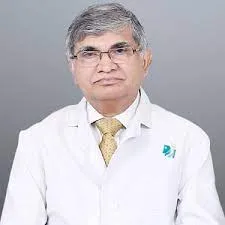
Dr. Prasana Kumar Reddy
Senior Consultant,
Department of Surgical Gastroenterology,
Apollo Hospitals, Chennai
Program Director
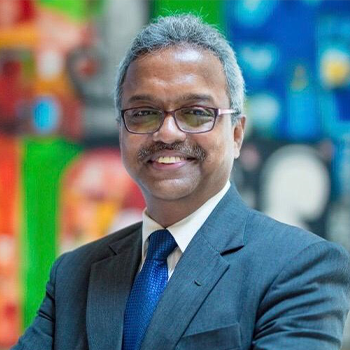
Dr. Muralidharan M
Senior Consultant,
Department of General Surgery,
Director, Apollo Simulation Centre
Course Convenor
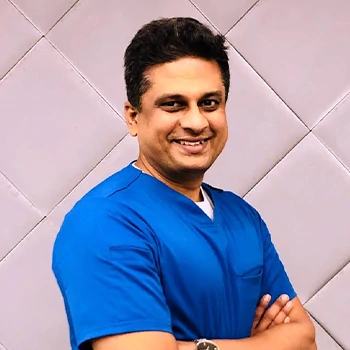
Dr. Raj Palaniappan
Director and Lead Surgeon,
Institute of Bariatrics,
Apollo Hospitals, Chennai
Course Co-ordinator
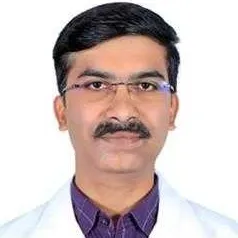
Dr. Santosh Anand
Senior Consultant,
Department of Surgical Gastroenterology,
Apollo Hospitals, Chennai
Faculty
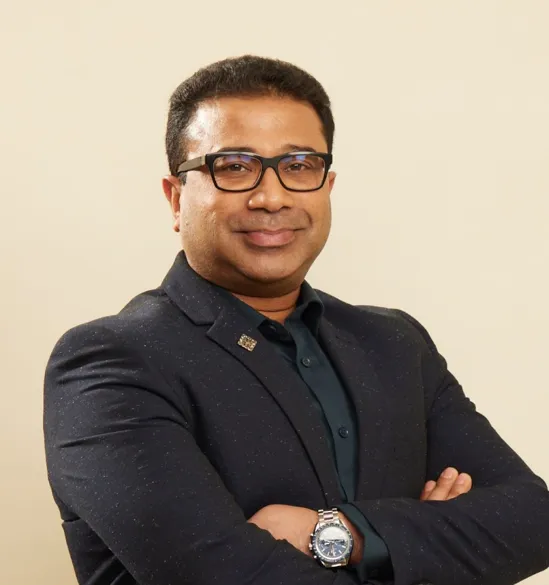
Dr. Premkumar Balachandran
Clinical Lead,
Institute of Hernia and Anterior Wall Reconstruction,
Apollo Hospitals, Chennai
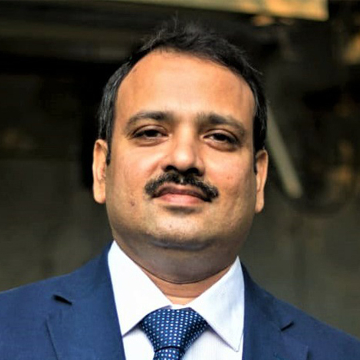
Dr. Sudeepta Kumar Swain
Senior Consultant,
Department of Surgical Gastroenterology,
Apollo Hospitals, Chennai
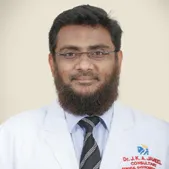
Dr. J.K.A. Jameel
Senior Consultant,
Department of Surgical Gastroenterology,
Apollo Hospitals, Chennai
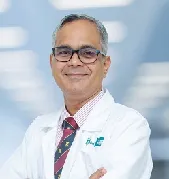
Dr. N. Ragavan
Senior Consultant,
Department of Urology,
Apollo Hospitals, Chennai
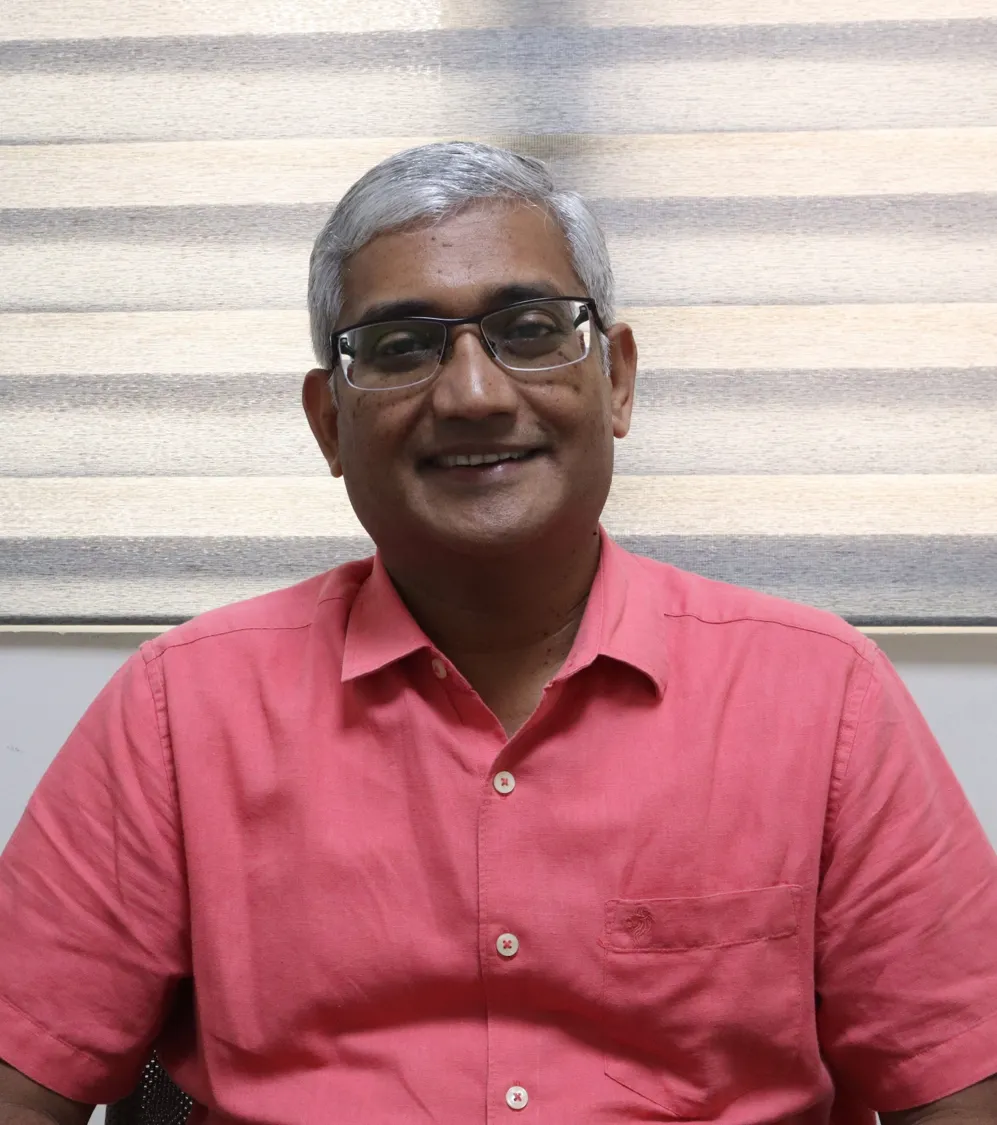
Dr. Ramkumar K
Senior Consultant,
Department of Surgical Gastroenterology,
Apollo Speciality Hospitals, Vanagaram
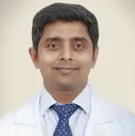
Dr. Jameel Akther
Senior Consultant,
Department of General Surgery,
Apollo Hospitals, Chennai
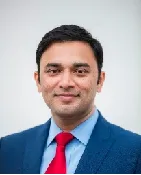
Dr. Venkatesh Munikrishnan
Clinical Lead,
Department of Colorectal Surgery,
Apollo Hospitals, Chennai
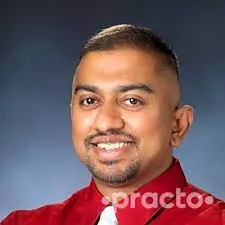
Dr. Rajiv Santosham
Senior Consultant,
Department of Thoracic Surgery,
Apollo Hospitals, Chennai
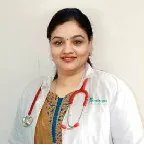
Dr. Meenakshi Sundaram
Senior Consultant,
Department of Obstetrics & Gynaecology,
Apollo Cradle Hospitals, Chennai
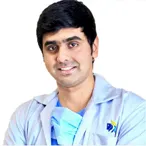
Dr. Nikhilesh Krishna
Consultant,
Department of Bariatrics,
Apollo Hospitals, Chennai
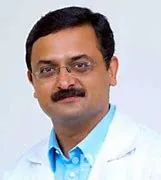
Dr. R. Venkata Subramaniam
Senior Consultant,
Department of General Surgery,
Apollo Hospitals, Chennai
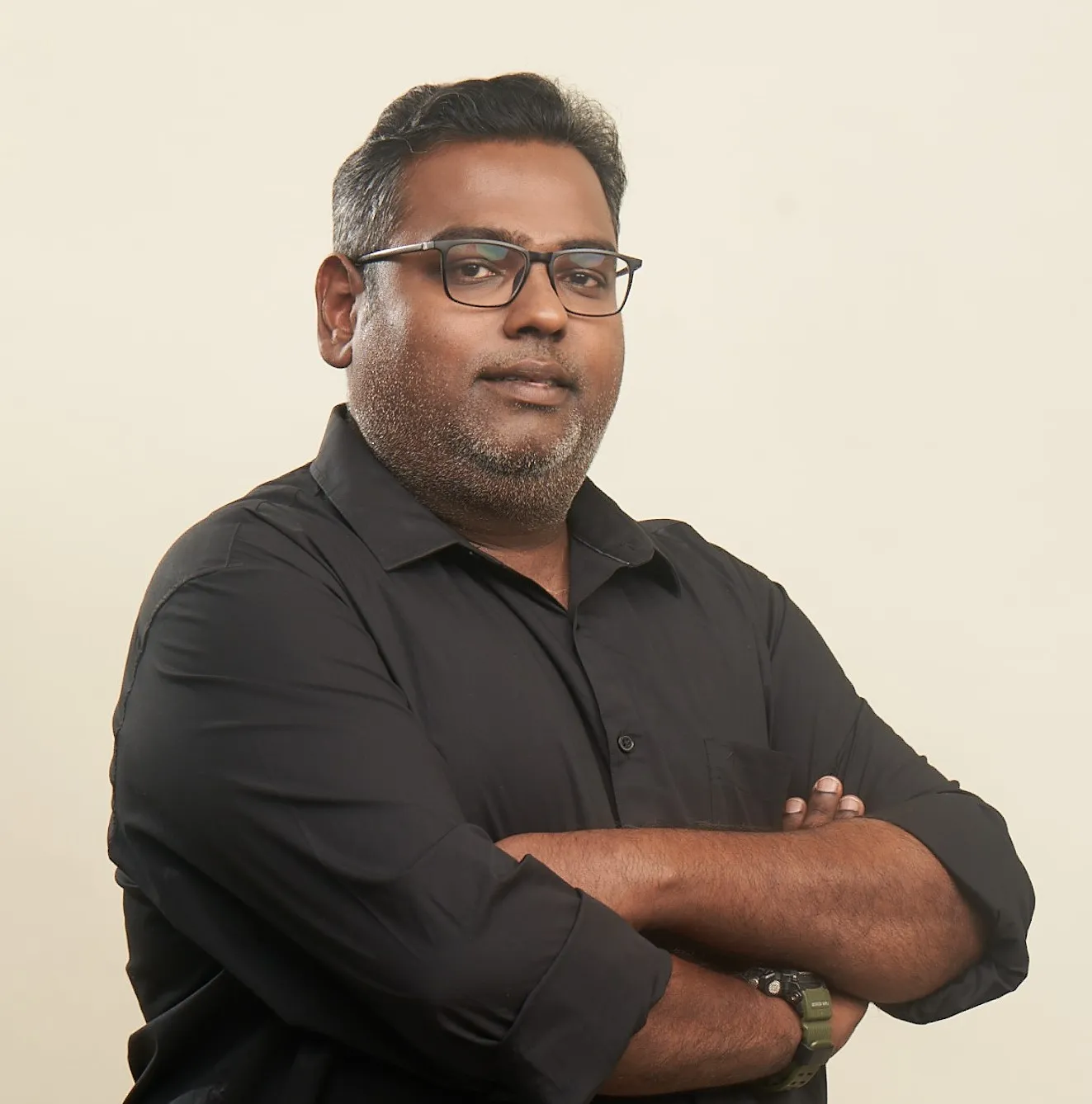
Dr. Charles Mano Sylus
Senior Consultant,
Department of General Surgery,
Apollo Speciality Hospitals, Vanagaram
Why ASC
- Unparalleled Technological Infrastructure
- Expert Faculty with Real World Experience
- Innovative Learning Methodologies
- Comprehensive Curriculum
- Learner faculty ratio and learner manikin ratio is well maintained
Marketing Line

